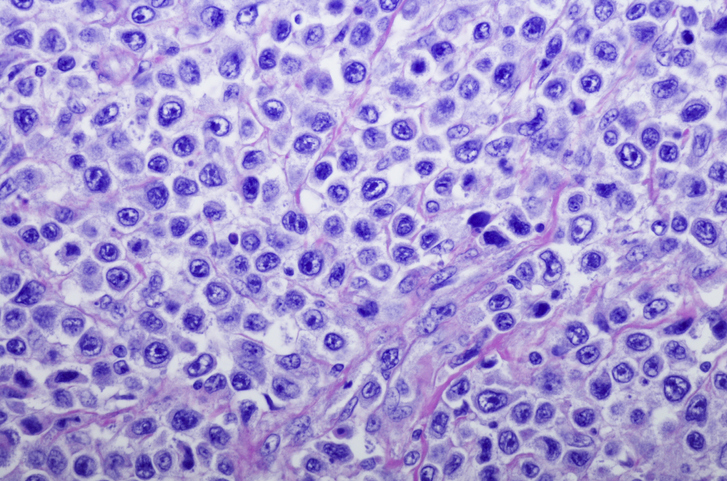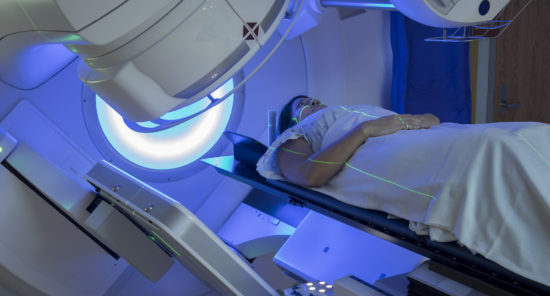A protein in the brain involved in the development of neurons, called Netrin-G1 (NetG1), may also impact the development and growth of pancreatic cancer, according to a study published in Cancer Discovery.
Pancreatic cancer can be challenging to treat due to fibrotic tumors, which develop extra connective tissue throughout the pancreas. The connective tissue, made up of cancer-associated fibroblast (CAF) cells, provides the tumors with a physical and biochemical protective barrier against the immune system or anti-tumor drugs. Findings from this new study suggest that the protein NetG1 is expressed in CAFs and supports survival of pancreatic cancer cells.
The investigators developed this study to examine CAFs in a fibrous-like environment like inside the pancreas. They utilized a combination of multi-plex data from pancreatic cancer patient tissue, three-dimensional co-culturing in vitro assays, and orthotopic murine models. Upon discovering high expression of NetG1 within CAF cells, the investigators were able to identify the brain protein as a promotor of pancreatic tumorigenesis.
NetG1-positive CAFs supported tumor survival, through a NetG1 mediated effect on glutamate/glutamine metabolism. The brain protein also had an immunosuppressive effect on CAFs and inhibited natural killer (NK) cell mediated destruction of tumor cells.
When researchers blocked NetG1 with a neutralizing antibody, they were able to stunt in vivo tumorigenesis, suggesting that this protein may have potential as a therapeutic target in the treatment of pancreatic cancer.
“We saw that many patients express Netrin-G1 in CAFs and that these patients tend to survive for a shorter time so in the future detection of Netrin-G1 could be used to help diagnose patients. We believe that limiting Netrin-G1 function provides the starting point for the design of new treatments in a type of cancer that is in dire need for effective therapies,” said study lead Edna Cukierman, PhD, Associate Professor at Fox Chase Cancer Center in Philadelphia and Co-Director of the Marvin and Concetta Greenberg Pancreatic Cancer Institute, in a press release.
Credit: Original article published here.









